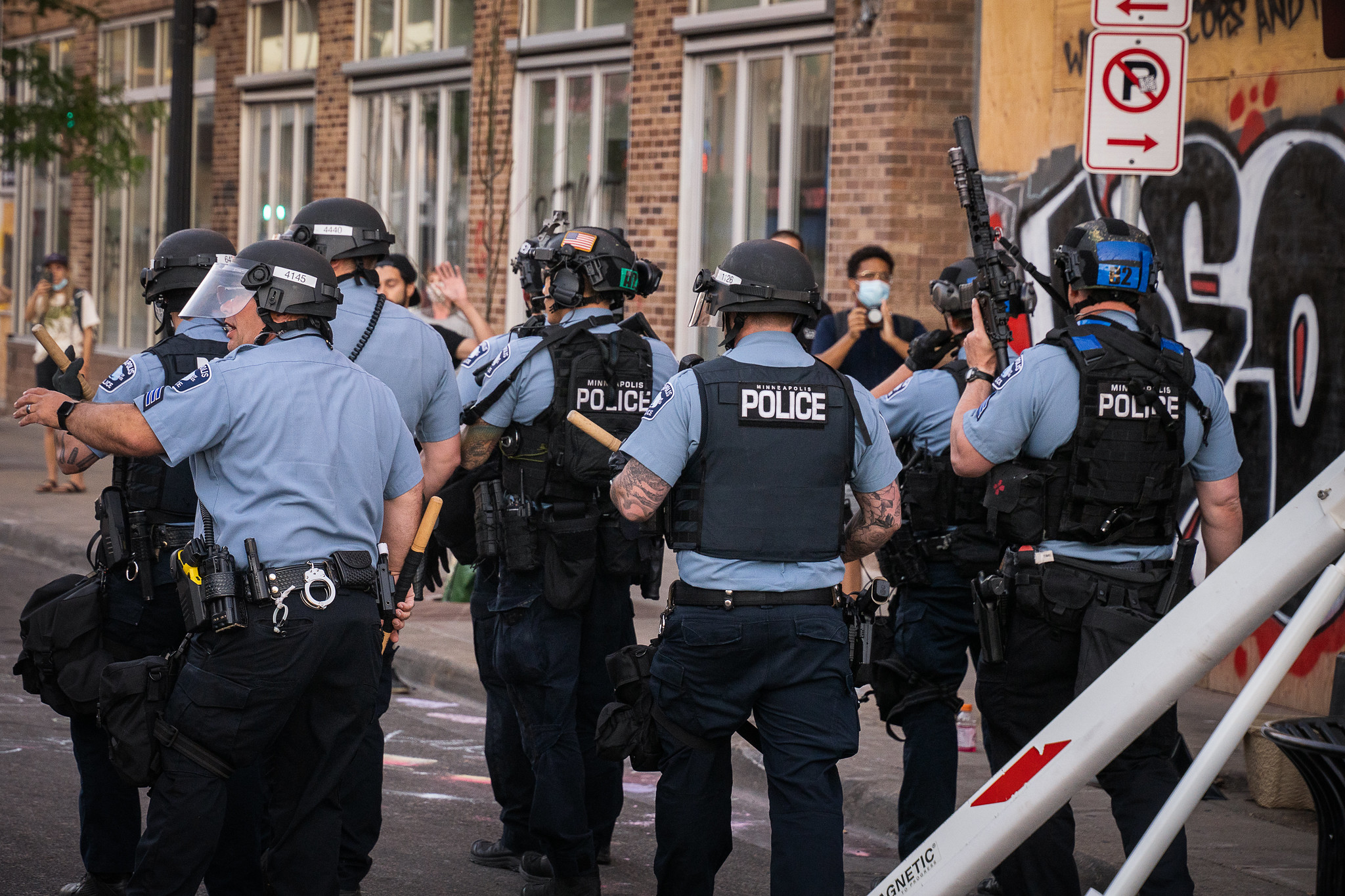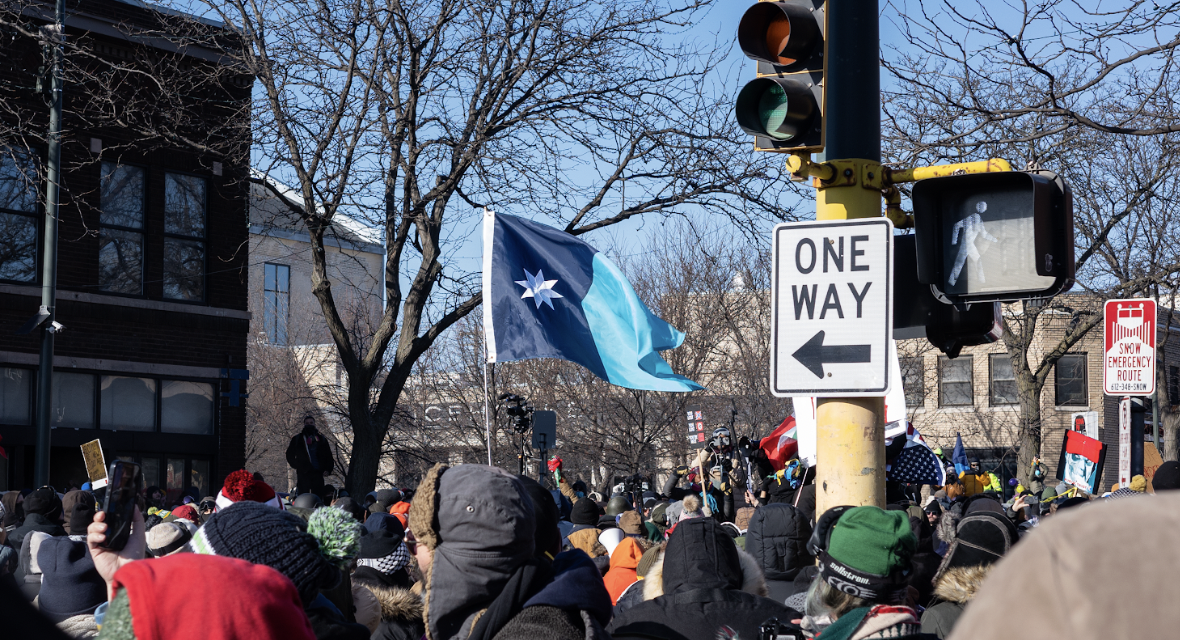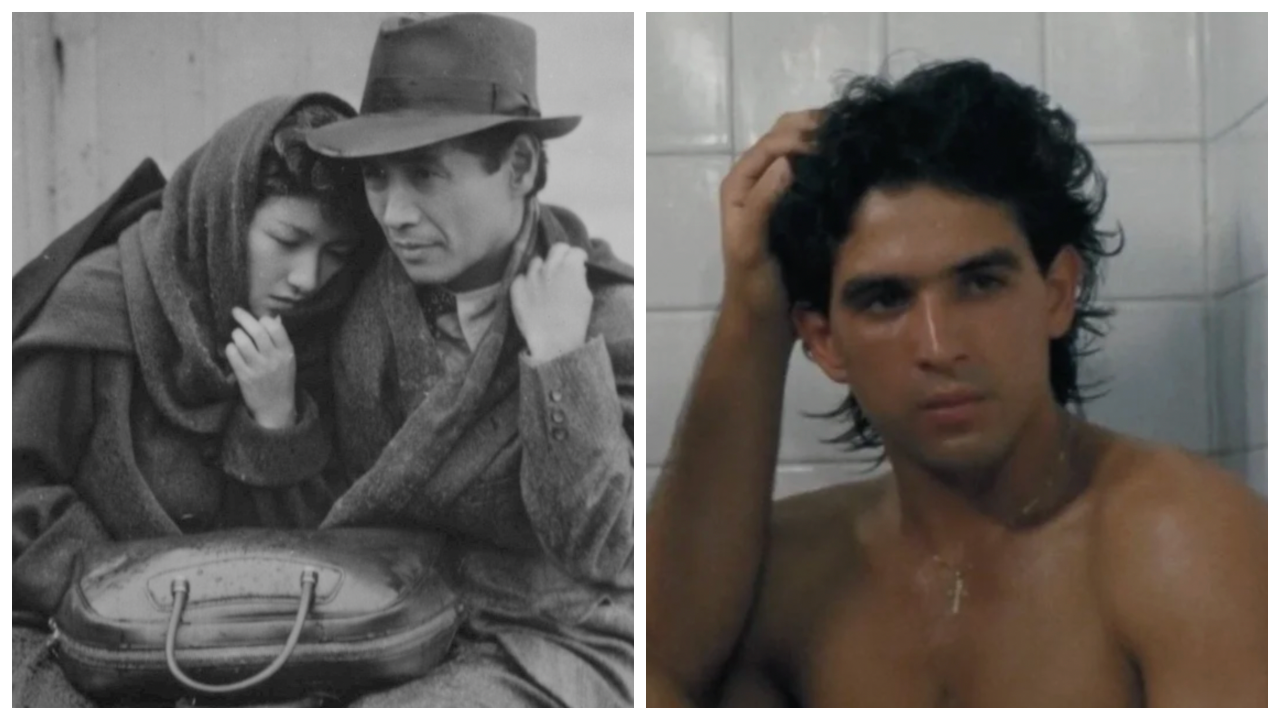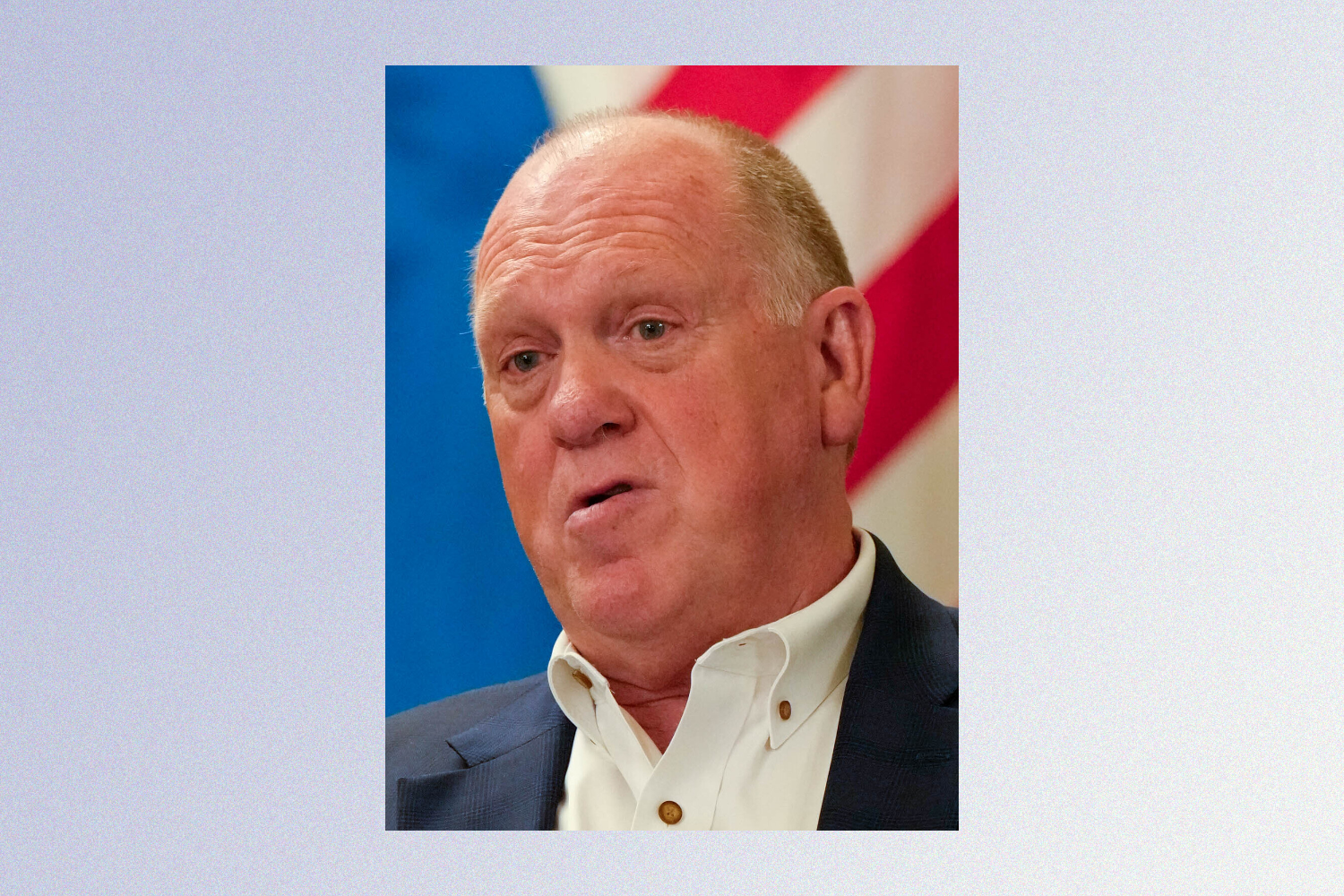A new report from the Minnesota Department of Human Rights has basically verified what we already knew: Racism is ingrained in police training, social culture, and practice. The department came to this conclusion by reviewing a staggering 700 hours of bodycam footage and 480,000 pages of City and MPD documents, which includes training materials, disciplinary records, correspondence, and “data from MPD’s covert social media accounts.”
Here are a few not surprising, but genuinely upsetting findings: MPD officers were more likely to stop, search, and use force against Black individuals; cops were using social media to track Black individuals and groups despite no criminal activity; officers were consistently recorded using “racist, misogynistic, and disrespectful language.”
The MDHR also found that MPD isn’t doing anything to remedy these issues, there’s a lack of consequences following incidents, and training is woefully inadequate and still uses a banned approach that often “results in officers unnecessarily escalating encounters or using inappropriate levels of force.”
Below are a few horrible things featured in the report.
On use of force and de-escalation:
“MPD officers were almost twice as likely to use neck restraints against Black individuals than white individuals who MPD officers recorded as behaving in the same way when interacting with police and whose police interaction stemmed from the same alleged offense or event.”
"In 56.8% of cases, MPD officers fail to de-escalate when it would otherwise be appropriate to do so when they engage with community members of all racial backgrounds. And, in fact, MPD officers improperly escalate situations in 32.7% of cases."
It’s also not great for cop safety when they do this shit:
“Officers are twice as likely to be injured when they use inappropriate force.”
Excessive disorderly conduct charges:
“A high-level MPD leader explained that officers often arrest and cite individuals with obstruction or disorderly conduct 'for things that could fall under the category, arguably, of pissing off the police.'"
On racism, misogyny, and vile language:
"They call Black individuals 'niggers' and 'monkeys' and call Black women 'Black bitches.' One MPD supervisor referred to Somali men as 'orangutans.' Similarly, community members reported examples of MPD officers calling Latino individuals 'beaners.' MPD officers reported that their colleagues called fellow Black MPD officers 'nappy head' and 'cattle.'”
“MPD officers [have called] community members, who are women, 'fucking cunt,' 'bitch,' and 'cussy,' a derogatory term that combines the words 'cunt' and 'pussy.'”
“When investigating a sexual assault case, one MPD officer falsely stated that a man could not be guilty of sexually assaulting a woman if they had children together.”
On training:
“A general instructor certification is not required to serve as a trainer for Academy or in-service training. For example, MPD selected some officers to serve as defensive tactics trainers simply because they had jujitsu skills, without vetting whether the officers were in fact quality trainers.”
On city-banned warrior training, which is still used today:
“When [an officer is] conditioned to believe that every person encountered poses a threat to your existence, you simply cannot be expected to build out meaningful relationships with those same people.”
On accountability:
"In a review of a statistically representative sample of 300 MPD use of force files from January 1, 2010, to December 31, 2020, supervisors failed to complete a thorough and sufficient review of an officer’s use of force in 48.2% of cases."
"Between January 2010, and May 2021, the average time that it took OPCR and/or Internal Affairs to complete an investigation and for a Police Chief to issue a final disciplinary decision after a police misconduct complaint was filed was over 475 days."
On MPD's Use of Covert Accounts Pretending to Be Progessive POC on Social Media:
"MPD officers sent friend requests, commented on posts, sent private messages, and contributed to discussions. When doing so, officers posed as like-minded individuals and claimed, for example, that they met the targeted person at a prior demonstration or protest. In social media posts and messages, MPD officers used language to further racial stereotypes associated with Black people, especially Black women."
"In one case, an MPD officer used an MPD covert account to pose as a Black community member to send a message to a local branch of the NAACP criticizing the group. In another case, an MPD officer posed as a community member and RSVP’d to attend the birthday party of a prominent Black civil rights lawyer and activist."
Moving Forward
Not only does the 72-page report back up MDHR’s assessment with hard numbers, it also lays out a plan of action that would require an overhaul to police training, a clearer roadmap to document and enact accountability, and increased transparency with the general public. The organization plans to enact these and other chances via a court-ordered consent decree–although it welcomes the MPD to start making changes right away.
Our summary is only the tip of the iceberg on what this report contains, which also breaks down how police policies impact their work culture, the justice system, and communication with the community the are supposed to protect and serve. You can read the whole thing here.







